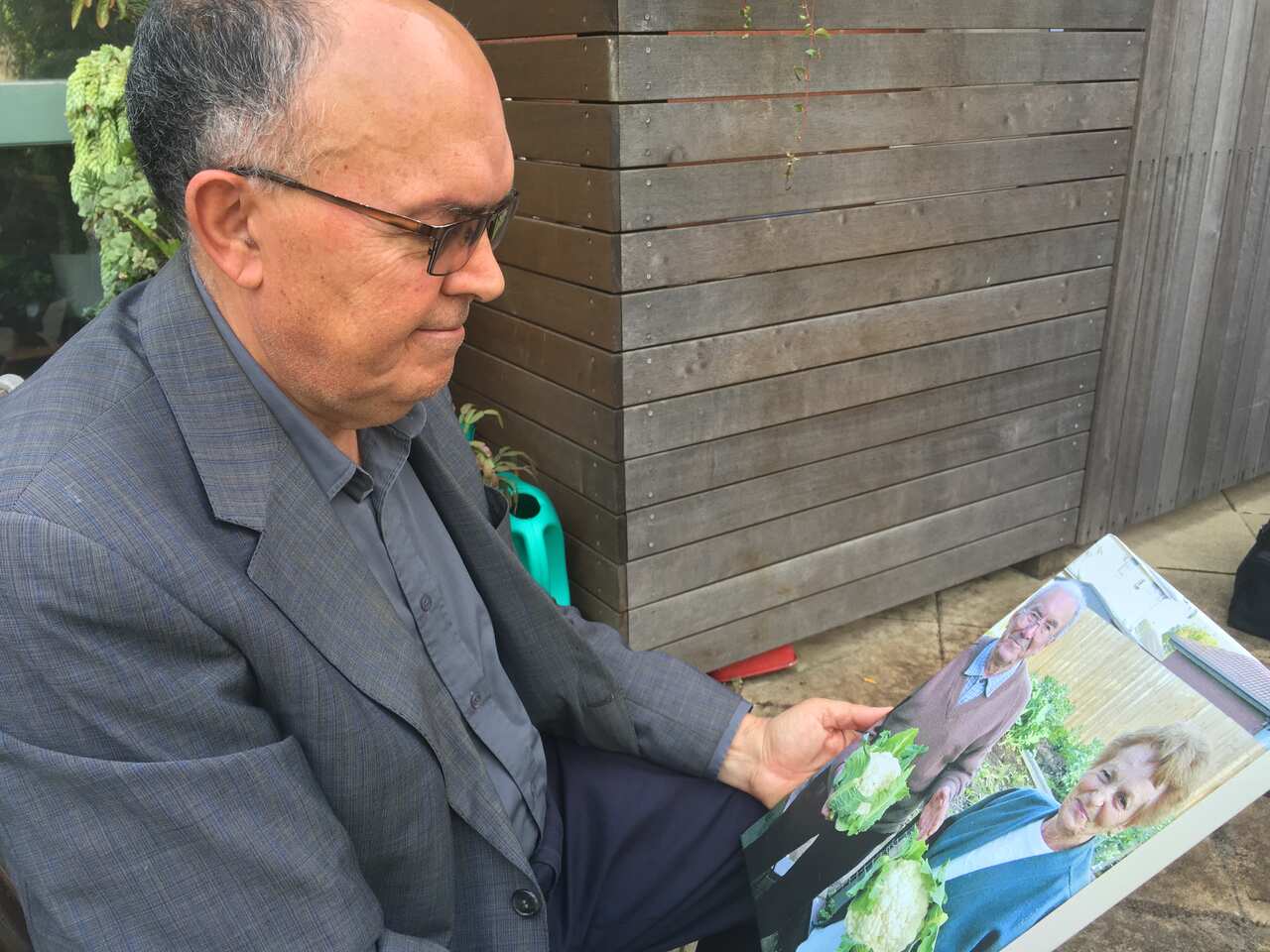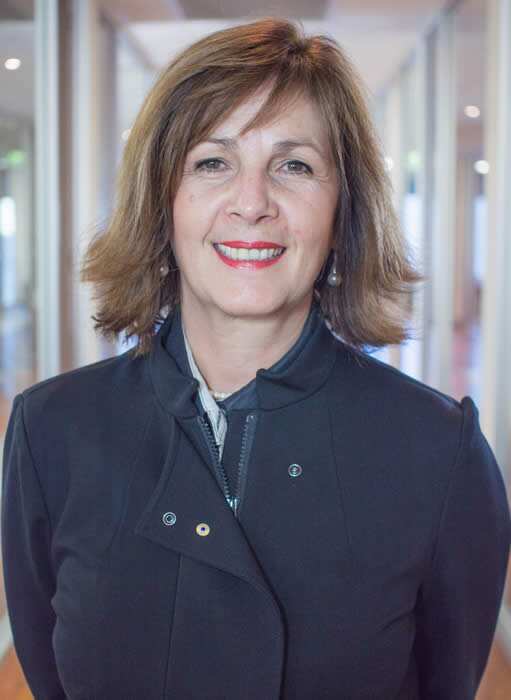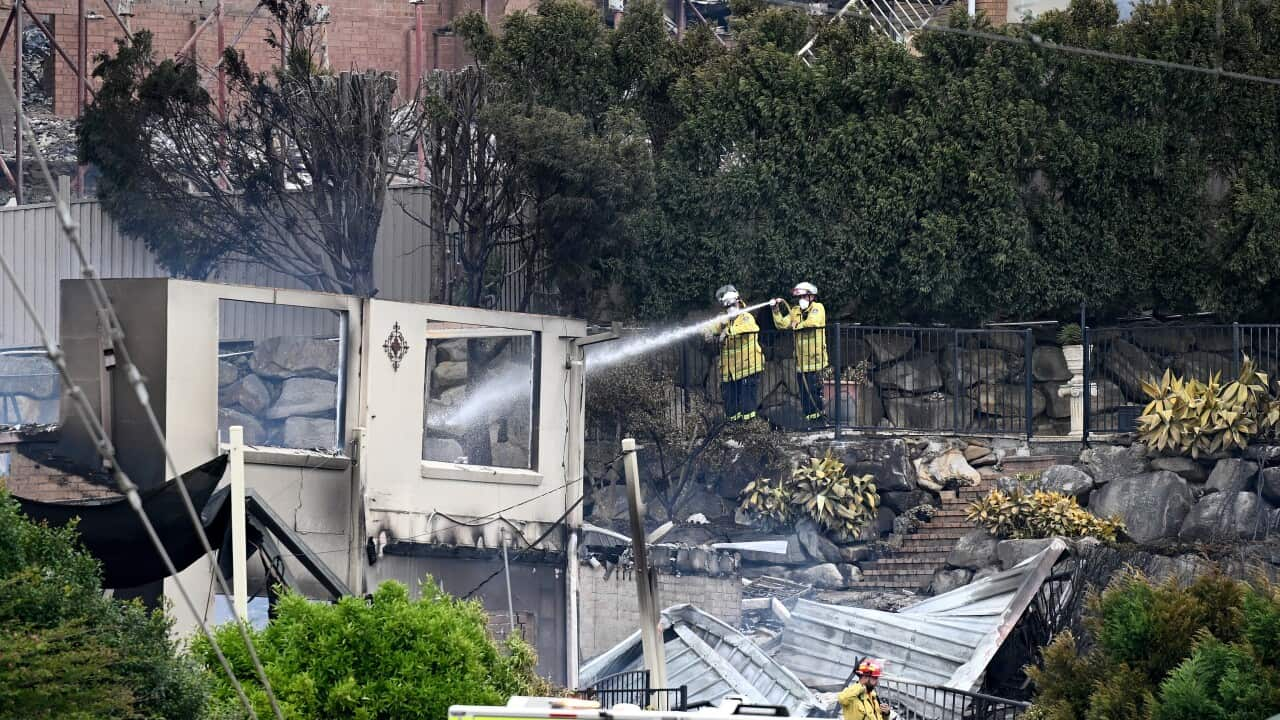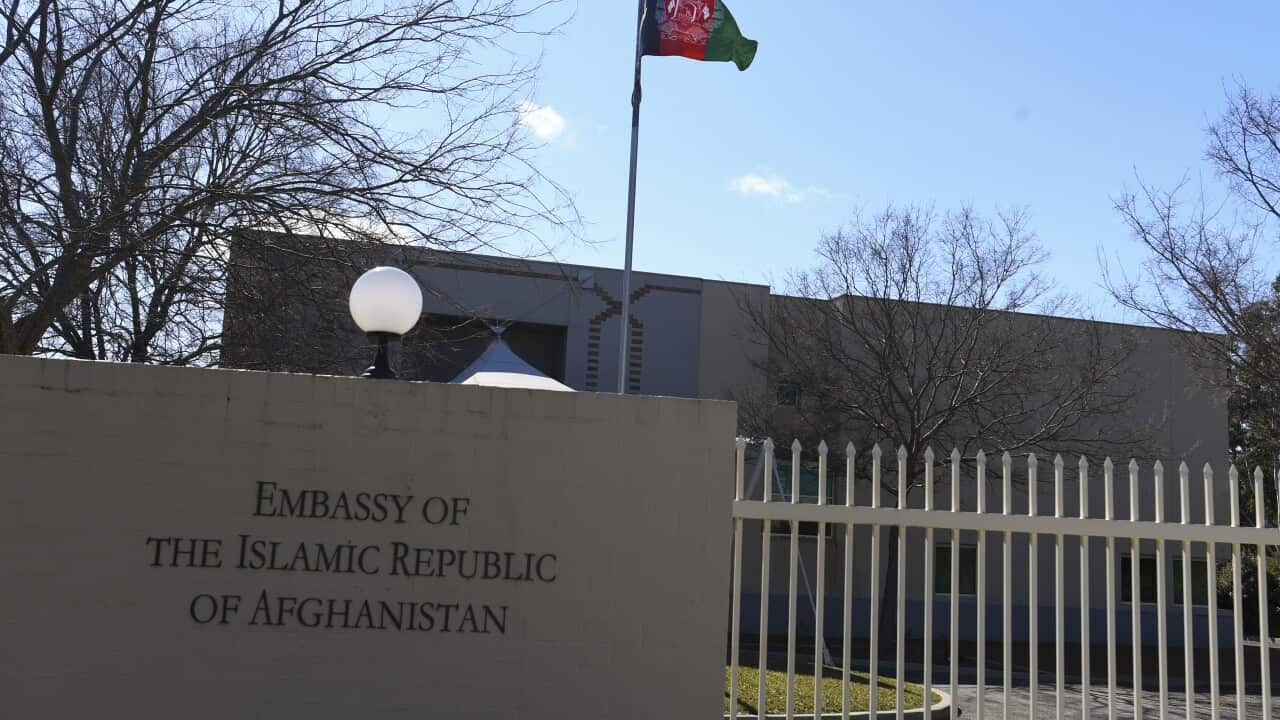Federation of Ethnic Communities' Councils of Australia सभी मुक्य राजनितिक दलों से ऑस्ट्रेलिया के सांस्कृतिक और बहुभाषी समुदायों के प्रति सही नीतियां अपनाने की अपील कर रहा है.
इन नीतियों में सबसे मुख्या है Multicultural Act जिसके द्वारा फ़ेडरल स्तर पर बहुसंस्कृतिवाद को कानून द्वारा संजोया जा सकेगा.
इस संघटन का कहना है की ऐसा करने से Non-English speaking background (NESB) समुदाय के लोगों का भला हो सकेगा. संघटन के अध्यक्ष Joe Caputo का कहना है की, २ जुलाई को होने वाले चुनावों से पहले, उन्होंने कोएलिशन लेबर और ग्रीन्स को भेजे एक पत्र द्वारा यह जानने की कोशिश की है की इस मुद्दे पर यह तीनों क्या विचार रखते हैं.
संघटन के अध्यक्ष Joe Caputo का कहना है की, २ जुलाई को होने वाले चुनावों से पहले, उन्होंने कोएलिशन लेबर और ग्रीन्स को भेजे एक पत्र द्वारा यह जानने की कोशिश की है की इस मुद्दे पर यह तीनों क्या विचार रखते हैं.

Joe Caputo looking at a photo of his father Michele, who was unable to express himself to English-speaking carers after a dementia diagnosis. Source: SBS
कोएलिशन ने FECCA से कहा है की मौजूदा नीतियां और कानून इस मुद्दे पर पर्याप्त हैं!
दूसरी ओर लेबर पार्टी ने आश्वासन दिया है की वह Department of Social Services के अंदर Office for Multicultural Affairs को पुनः स्तापित करेगी. इसके साथ ही लेबर २४ मिलियन dollar का अनुदान Adult Migration English Program को बेहतर करने तथा अपना ध्यान Human Rights Commission की anti-racism कार्यनीति को दुरुस्त करने में लगेगी.
संघटन के अध्यक्ष Joe Caputo का कहना है यह उत्तर पर्याप्त नहीं है - "On the national legislative framework on multiculturalism, the two major parties are lukewarm and they have not responded as we would want them to respond. Only the Greens agree that a national legislative framework on multiculturalism, they would support it fully. Both with Labor and the Coalition, there does not seem to be an appetite for changing their policy in this area."
इसके आलावा ग्रीन्स ने भी FECCA की भाषा के मुद्दे एक राष्ट्रीय योजना बनने की परियोजना का समर्थन किया है.
FECCA की मांग है की भाषा सम्बन्धी निति को बनाते समय ऑस्ट्रेलिया के आर्थिक विकास के साथ-साथ भाषा की व्यक्ति की पहचान और सांस्कृतिक विकास के लिये अनिवार्यता को भी ध्यान में रखा जाना चहियहए.
वह साथ ही मांग कर रहें हैं की ऑस्ट्रेलिया के स्कूल में दूसरी भाषा की शिक्षा को अनिवार्य किये जाने के आलावा लुप्त होती भाषाओँ को बचाने के प्रयास और तेज किये जाने चहियहए. Joe Caputo का कहना है की ऐसा लगता है की कोएलिशन और लेबर प्रवासियों और शरणार्थियों के मुद्दे पर कोई भी निश्चित निर्णय या कदम उठाने के लिये तैयार नहीं हैं - "I think that they feel that if they were to take up that cause they would have a backlash from the general community, whereas we don't believe that's the case given that survey after survey of the Scanlon Foundation* has found that over 85 per cent of the community supports multiculturalism. So, states that have introduced that kind of legislative framework have not had a backlash - on the contrary, they got a lot of support from the community."
Joe Caputo का कहना है की ऐसा लगता है की कोएलिशन और लेबर प्रवासियों और शरणार्थियों के मुद्दे पर कोई भी निश्चित निर्णय या कदम उठाने के लिये तैयार नहीं हैं - "I think that they feel that if they were to take up that cause they would have a backlash from the general community, whereas we don't believe that's the case given that survey after survey of the Scanlon Foundation* has found that over 85 per cent of the community supports multiculturalism. So, states that have introduced that kind of legislative framework have not had a backlash - on the contrary, they got a lot of support from the community."

A stock image of school children at The Domain in Sydney Source: AAP Image/Daniel Munoz
कुल मिलाकर FECCA ने दस निति क्षेत्रों में मुख्या दलों के उत्तर मांगे थे - इनमे aged और disability care, family violence, और SBS तथा सामुदायिक संचार प्रसारण का भविषय शामिल थे.
इसके साथ ही संघटन ने family migration stream में बदलाव ख़ास तौर पे partner visa के कोटा निर्धारण की प्रक्रिया में सुधार की मांग भी की.
Non-English speaking background की महिलाओं का ऑस्ट्रेलिया की कंपनियों के बोर्डरूम में अभाव पर भी FECCA-ने अपना ध्यान केंद्रित किया है.
लेबर और कोएलिशन दोनों ने ही सरकारी समितियों में ५० प्रतिशत सीटें महिलाओं के लिया आरक्षित करने के प्रस्ताव पर सहमति दिखाई है - लेबर इस लक्षय को अपनी सरकार के पहले सत्र में ही पाने की आशा रखता है!
परन्तु FECCA का कहना है की लिंग समरूपता की यह नीतियां अक्सर प्रवासी और रिफ्यूजी महिलाओं द्वारा प्रतिदिन महसूस किये जाने वाली चुनातियों को अनदेखा कर देतीं हैं. Melbourne स्तिथ Australian-Greek Welfare Society की Voula Messimeri इस बात से सहमत हैं.
Melbourne स्तिथ Australian-Greek Welfare Society की Voula Messimeri इस बात से सहमत हैं.

Voula Messimeri Source: AGWS
Voula Messimeri FECCA द्वारा संचालित २०१३ में NESB महिलाओं पर किया गए शोध का हिस्सा भी थी.
उनका कहना है ही की इस बारे में ज्यादा लोगों को पता नहीं है और जो कुछ पता है वह बस किस्सों पर आधारित है.
उन्होंने बतया की २०१३ के इस शोध से पता चला की महिलाओं को उनके कैरियर में बोर्डरूम तक पहुंचने के लिये पारिवारिक और घरेलू मामलों के आलावा उनमे डिग्री और अनुभव के बाद भी सही अवसर न मिलने के कारण क्या हैं - "They felt they were discriminated against - overtly and covertly - which kept them in a safer area, if you like, within multicultural affairs leadership. And within that context they occupied not necessarily the roles of chairperson, but rather they were on the boards. They felt that their skills and expertise were not necessarily taken up, they couldn't have a handle in terms of getting into mainstream boards."
Voula Messimeri का कहना है यदि सही पद पर कार्यरत Culturally and Linguistically Diverse (CALD) की महिला आगे बढ़ने की कोशिश भी करे तो मुश्किल होता है - "That is very much about having access to influential mentors that often provide women generally with a pathway to the boards - especially public boards and higher level boards. Without that and without the influence of knowing a few people that can introduce you to the right people and introduce you to a board in the right context, it's very difficult for CALD women to get traction."
आइये जानिये इसके बारे में विस्तार से अमित सारवाल की इस रिपोर्ट में . . .

Business colleagues working on project in office Source: Getty Images




